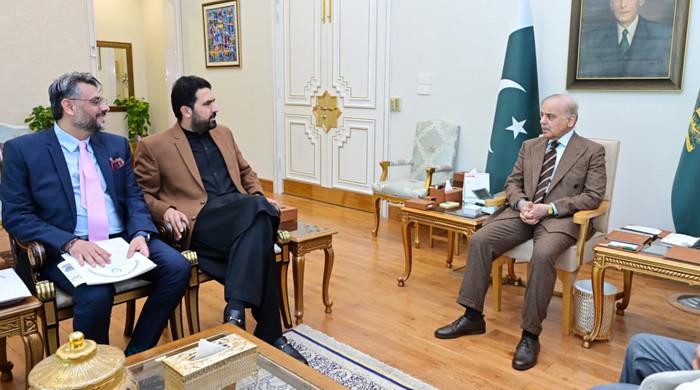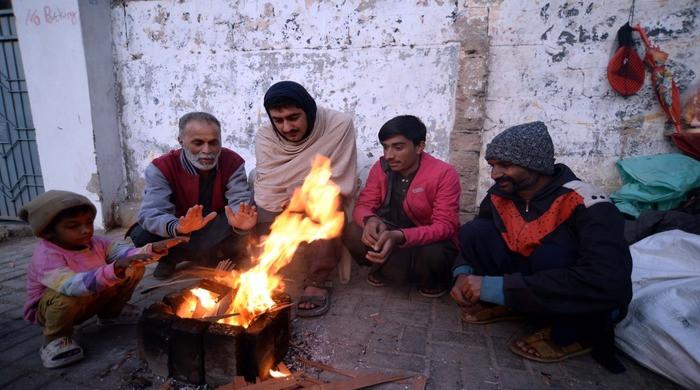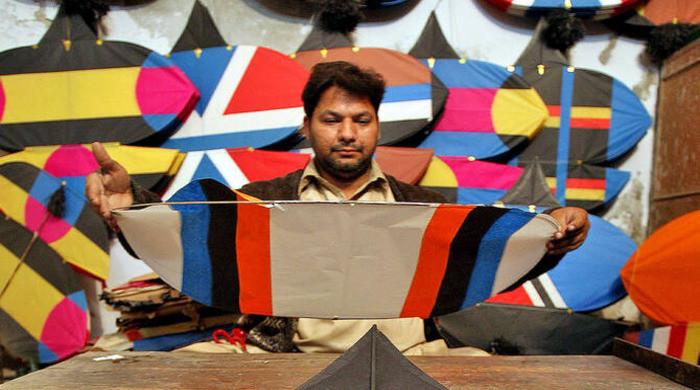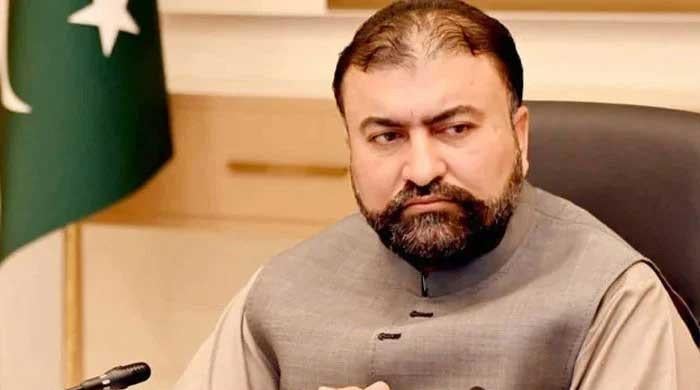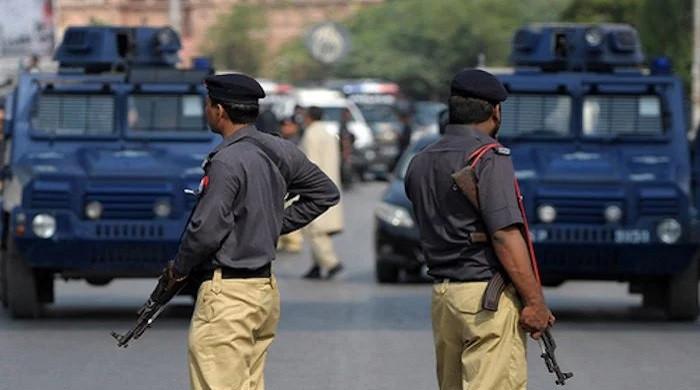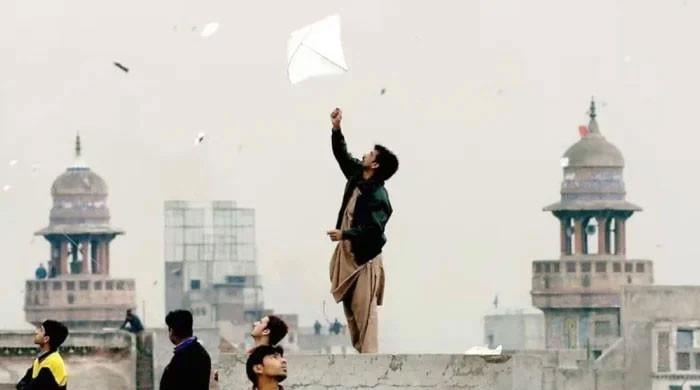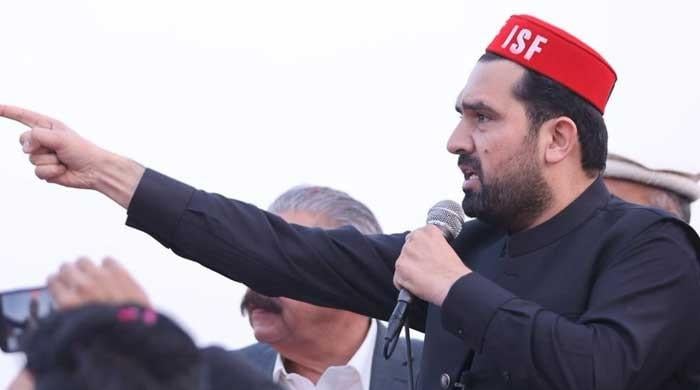CJP Khosa says PM himself allowed 'someone' to travel abroad
CJP says the prime minister should refrain from issuing such statements
November 20, 2019
ISLAMABAD: Referring to former prime minister Nawaz Sharif’s foreign travel on medical grounds, Chief Justice of Pakistan Asif Saeed Khosa said on Wednesday that Prime Minister Imran Khan himself agreed for 'someone' to travel abroad, so it should not be said that the judiciary was the sole authority in the matter.
A day ago, the prime minister had said in an indirect reference to Nawaz’s travel to London that there are separate laws for the weak and powerful in the country, requesting the CJP to deliver prompt justice.
While addressing a ceremony in Islamabad, the Chief justice said that the prime minister should not refer to the judiciary as powerful.
"Don't give us this taunt referring to 'the powerful'. Nobody is powerful before us [the judiciary] other than the law itself."
The CJP said that the prime minister should refrain from issuing such statements as he is the chief executive of the government.
"The particular case that the respected prime minister referred to, I do not want to comment on that. But he [PM Imran] should know that they themselves allowed somebody [Nawaz Sharif] to go abroad. The debate in the High Court was only over modalities. Please be careful (with statements)."
Justice Khosa said that they have been working without resources, adding that those criticising the courts should be careful.
CJP says courts about to give verdict in one ex-army chief’s case
The CJP said that the current judiciary should not be compared to that of 2009 as it is free now.
While referring to a former army chief, the CJP said that the courts are about to announce verdict in the case of a former chief of army staff.
"For us, no one is either big or small or powerful. We convicted one prime minister and disqualified another. A (former) chief of army staff’s case is about to be decided soon. Are these examples not in front of you? For us, only the law is powerful," he said.
'One case getting media attention shouldn't overshadow others'
The top judge lamented that the judiciary is working without proper resources and only above 3000 judges gave verdicts in hundred thousands of cases last year. “If one high-profile case gets highlighted by media then it does not mean the 3.6 million cases by a mere 3,100 judges should lay forgotten.”
He emphasised that the dedication and impartiality of the institution should be respected, saying: "Nobody is perfect. No institution, no human being is perfect. But if some people are working with such dedication, please encourage and facilitate them."




